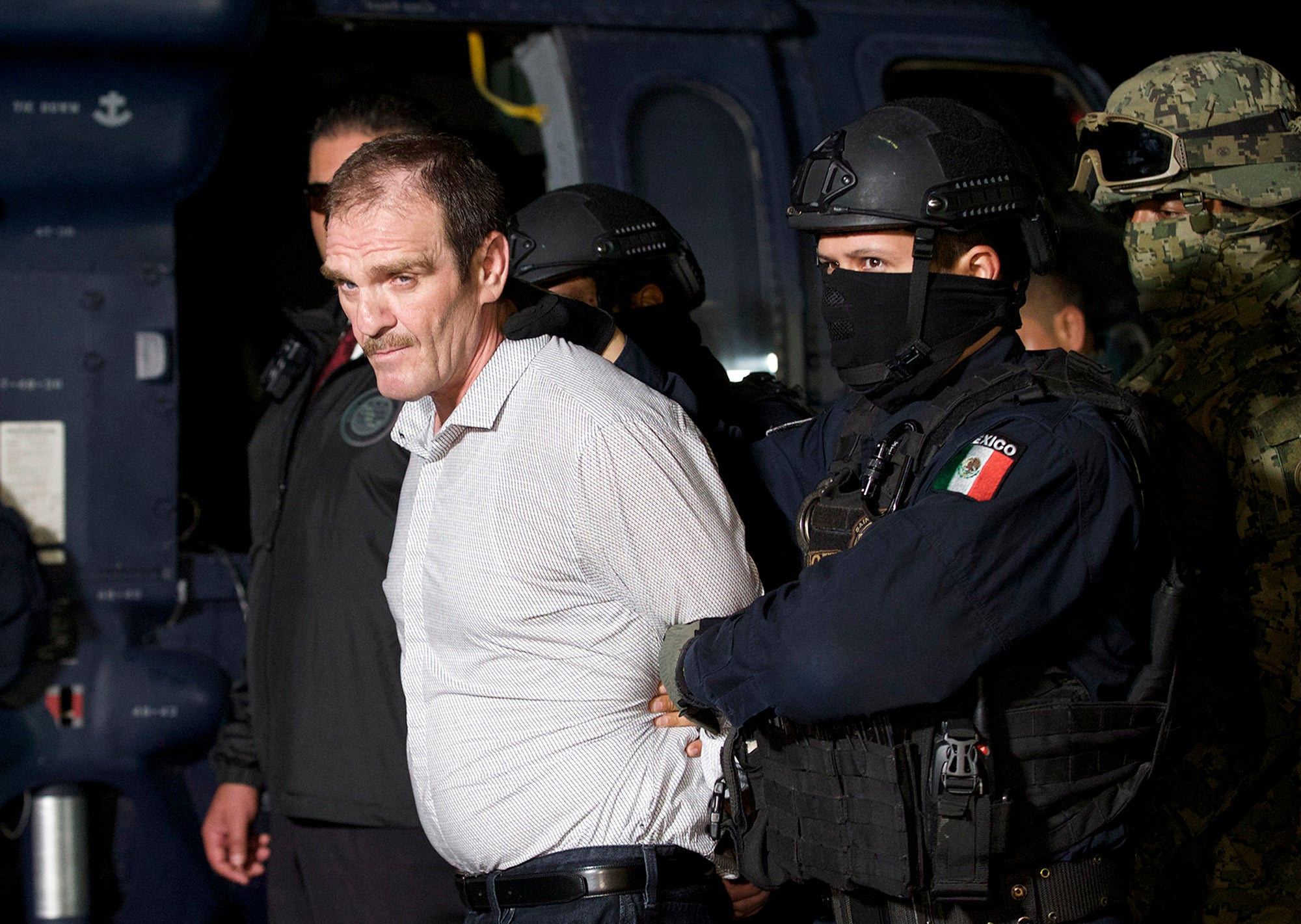Mexican court overturns acquittal of 1990s drug lord
An appeals court in Mexico has overturned the acquittal of 1990s drug lord Hector “El Güero” Palma, staving off an international embarrassment had he walked free

A Mexican appeals court has overturned the acquittal of 1990s drug lord Hector “El Güero” Palma prosecutors said Tuesday, a development that staved off an international embarrassment had he walked free.
A lower court ordered Palma freed in April. But prosecutors appealed, arguing the lower court improperly applied the double jeopardy rule. The appeals court threw out the acquittal, ruling the organized crime case against Palma was not equivalent to trying him twice for the same offense.
Palma was taken to Mexico’s maximum security Altiplano prison after the ruling. In May, a judge had ordered Palma held for 40 more days in non-prison custody pending investigation, as a last-ditch measure to keep him from walking free.
President Andrés Manuel López Obrador said Palma’s release could affect Mexico’s international reputation.
Almost eight years ago, another drug lord, Rafael Caro Quintero, walked out of a Mexican prison late at night with an improperly ordered his release from a 40-year sentence for the torture-murder of U.S. Drug Enforcement Administration agent Enrique “Kiki” Camarena in 1985. He has since returned to drug trafficking and unleashed bloody turf battles in the northern Mexico border state of Sonora
The issue is a sensitive one. Mexico’s government is beginning to earn a reputation as one that, under López Obrador, has released more drug lords than it has captured, part of the president’s stated policy of no longer detaining drug lords to avoid violence.
López Obrador has acknowledged that he overrode the initial advice of his own advisers who suggested after Palma's acquittal that there was nothing more the government could do to keep him in custody.
“When they told me (about the release order), the first thing I said is wait, look for some legal mechanism,” López Obrador said.
“Look for it,” the president said he added, “because this is not just a matter of a judge or the judicial branch or the government, this is a matter of national interest. The Mexican government cannot be denigrated, weakened.”
Known as “El Güero,” or “Blondie,” Palma was a founder and leader of the Sinaloa cartel, along with imprisoned drug lord Joaquin “El Chapo” Guzman. He and Guzman drew unwanted attention in 1993 when a Roman Catholic cardinal was killed in a shootout between Sinaloa gunmen and the rival Arellano Félix gang at an airport in Guadalajara. The gunmen apparently mistook the cardinal’s luxury car for that of a rival.
Palma was arrested in Mexico in 1995, and served 12 years in Mexico on bribery and weapons charges before he was extradited to the United States in 2007, where he served nine years of a 16-year sentence for cocaine trafficking. He was sent back to Mexico, where he was held for trial on the charges that the lower court acquitted him on.
Bookmark popover
Removed from bookmarks